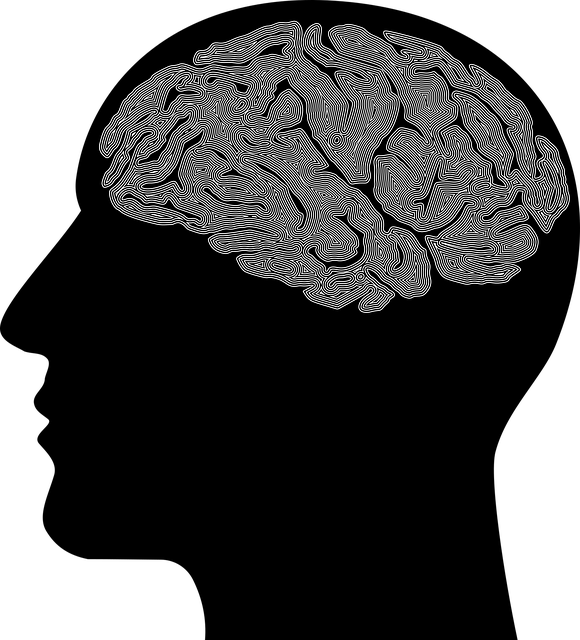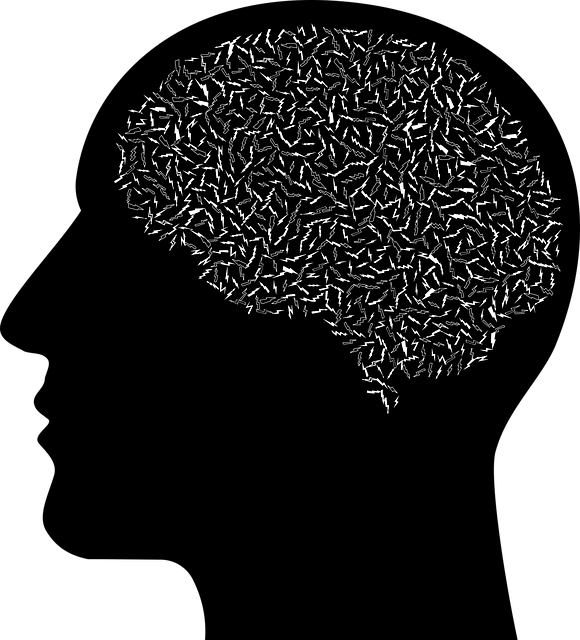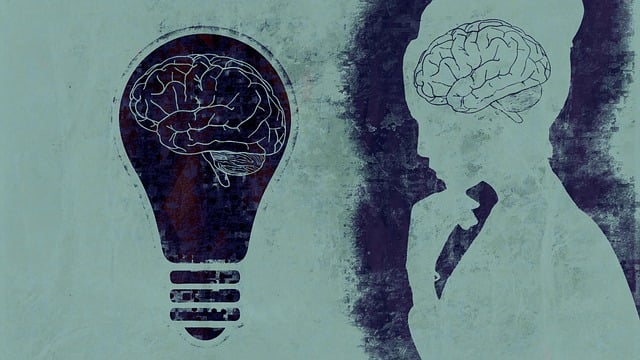Resilience is built through the RFM (Recovery, Flexibility, Mastery) model, integrating biofeedback therapy, compassion cultivation, and mental wellness journaling. This holistic approach enhances self-compassion, emotional processing, and overall mental wellness, empowering individuals to manage stress, adapt to change, and heal from trauma. Biofeedback, a powerful non-invasive therapy, lets users control bodily responses for improved self-awareness and emotional well-being. RFM exercises, including journaling and biofeedback therapy, reduce stress and enhance coping mechanisms through neuroplasticity. The RFM framework promotes self-care through rest, focus, and movement, accessible to all with professional guidance. This innovative therapy combines biofeedback with social skills training for improved emotional intelligence and resilience against stress, anxiety, and trauma.
“Unleash your inner resilience with an innovative approach: RFM (Resilience, Flexibility, and Mindfulness) therapy. This powerful framework combines biofeedback techniques with mindfulness exercises to enhance mental well-being. By delving into the science behind RFM, we’ll explore how it helps individuals navigate stress and challenges. From understanding the RFM model to practical implementation in daily life and inspiring case studies, discover why this therapy is a game-changer for mental health. Embrace biofeedback as a tool to strengthen your mind.”
- Understanding RFM: A Framework for Resilience
- Biofeedback as a Tool for Enhancing Mental Health
- The Science Behind Resilience Building Exercises
- Implementing RFM in Everyday Life
- Case Studies: Success Stories of RFM Therapy
Understanding RFM: A Framework for Resilience

Resilience is a vital asset in navigating life’s challenges and uncertainties. Understanding RFM (Recovery, Flexibility, and Mastery) offers a comprehensive framework for building this resilience. This therapeutic approach integrates various techniques, including biofeedback therapy, to enhance individuals’ ability to cope with stress, adapt to change, and regain control after traumatic events or difficult situations. By focusing on these three key components, RFM becomes a powerful tool for fostering mental wellness.
Compassion cultivation practices play a significant role in the RFM model, encouraging individuals to develop self-compassion and empathy towards themselves and others. Mental wellness journaling exercises guidance is also provided to help people process their experiences, track progress, and gain insights into their emotional healing processes. These strategies collectively contribute to an individual’s overall resilience, enabling them to lead more fulfilling and balanced lives.
Biofeedback as a Tool for Enhancing Mental Health

Biofeedback stands out as a powerful tool within the realm of mental health therapy. By providing individuals with direct access to their bodily responses, it offers a unique avenue for enhancing self-awareness and emotional well-being. This non-invasive technique leverages real-time data on physiological signals like heart rate, skin conductance, and muscle tension, allowing users to learn how to regulate these responses consciously. In today’s world, where stress and anxiety are prevalent, biofeedback serves as a valuable game changer in mental health care.
As public awareness campaigns for emotional well-being promotion techniques gain traction, biofeedback is increasingly recognized as an effective therapy for managing a range of issues. This includes conditions such as high blood pressure, chronic pain, and even insomnia. For mental health professionals, integrating biofeedback into their practices involves careful risk assessment to ensure safe implementation. With proper guidance, biofeedback enables individuals not only to gain control over their immediate responses but also to cultivate long-term resilience in the face of various challenges, marking a significant step forward in holistic mental health care.
The Science Behind Resilience Building Exercises

Resilience building exercises have gained prominence in recent years due to the increasing recognition of their effectiveness in enhancing an individual’s ability to cope with stress and adversity. The science behind these exercises is rooted in neuroplasticity, the brain’s remarkable capacity to adapt and reorganize itself by forming new neural connections. Activities such as mental wellness journaling encourage individuals to reflect on their experiences, emotions, and thoughts, fostering self-awareness and emotional regulation.
Moreover, therapy for biofeedback plays a pivotal role in resilience building by teaching individuals to monitor and control physiological responses to stress. Biofeedback techniques help people become more attuned to their bodies’ reactions, enabling them to employ conflict resolution techniques effectively. Stress management workshops organization often incorporates these exercises into their programs, providing structured guidance on how to implement mental wellness journaling exercise and biofeedback therapy in everyday life.
Implementing RFM in Everyday Life

Implementing RFM (Rest, Focus, Movement) in everyday life can be a powerful tool for enhancing resilience and overall well-being. This simple yet effective framework encourages individuals to prioritize self-care by incorporating dedicated time for rest, cultivating mindfulness through focused activities, and engaging in physical movement tailored to their needs. For instance, starting the day with a brief meditation session or mindful breathing exercises can improve mental clarity and reduce stress levels throughout the day. Similarly, taking regular breaks to stretch or engage in gentle yoga not only refreshes the body but also gives the mind a chance to reset.
Integrating RFM into daily routines is accessible to everyone, regardless of one’s background or experience with therapy for biofeedback. The practice can be personalized to suit individual preferences and lifestyles. For those seeking to deepen their resilience-building skills, professional guidance from mental health advocates or therapists specializing in biofeedback can provide valuable insights and tailored communication strategies. This holistic approach, combined with policy analysis and advocacy for mental health support, ensures that individuals have access to the tools needed to navigate life’s challenges with greater resilience.
Case Studies: Success Stories of RFM Therapy

In recent years, RFM (Resilience, Flexibility, and Mindfulness) therapy has emerged as a powerful tool in the realm of mental health treatment. This innovative approach combines various techniques to enhance emotional intelligence and foster resilience, making it an effective solution for those seeking improved mental wellness. Case studies have shown remarkable success stories, particularly with individuals struggling with stress, anxiety, and trauma. Through therapy for biofeedback, RFM helps clients develop a deeper understanding of their physiological responses, allowing them to regulate emotions more effectively.
The integration of social skills training within RFM sessions further strengthens the therapeutic effect. By practicing mindfulness exercises and exploring emotional triggers, individuals not only gain better control over their immediate reactions but also improve their interactions with others. This holistic approach has been a game-changer for many, leading to improved relationships and overall mental wellness. Moreover, mental wellness podcast series production can be enhanced by incorporating RFM techniques, providing listeners with practical tools for managing stress and cultivating resilience in their daily lives.
Resilience is a powerful tool that can significantly enhance our mental well-being, and with the right framework like RFM (Resilience, Flexibility, and Mastery), anyone can develop it. By combining biofeedback techniques with structured exercises, individuals can effectively navigate life’s challenges and foster a sense of calm amidst chaos. The case studies presented in this article demonstrate the transformative power of RFM therapy for various mental health concerns, offering hope and practical insights for those seeking to strengthen their resilience. Incorporating these strategies into daily routines encourages a healthier, more balanced lifestyle, making biofeedback-based therapy an accessible and valuable option for anyone looking to improve their mental health and overall quality of life.














